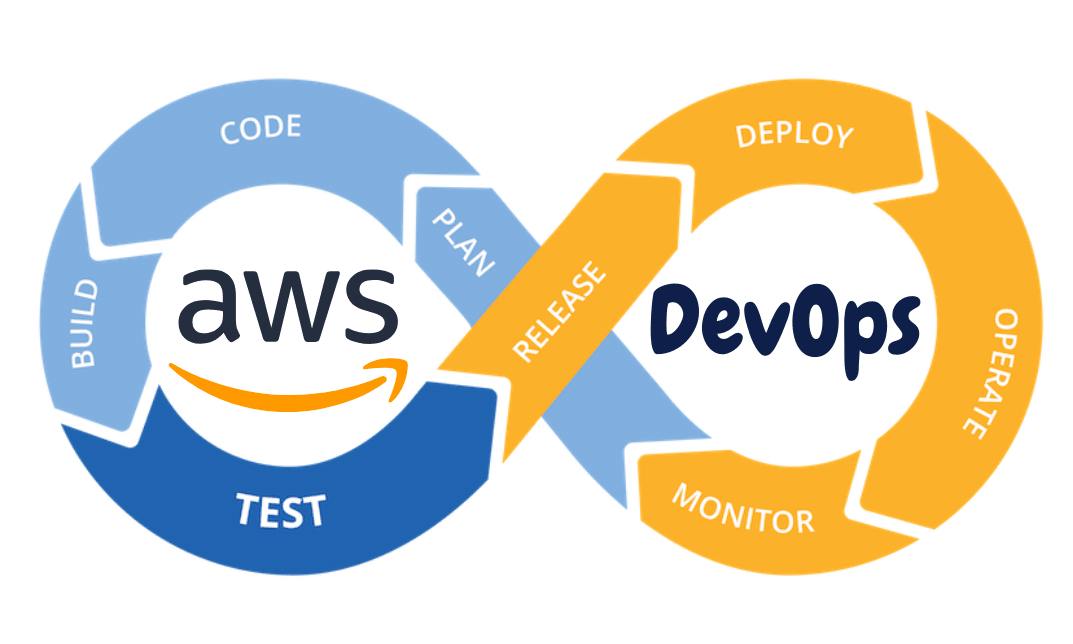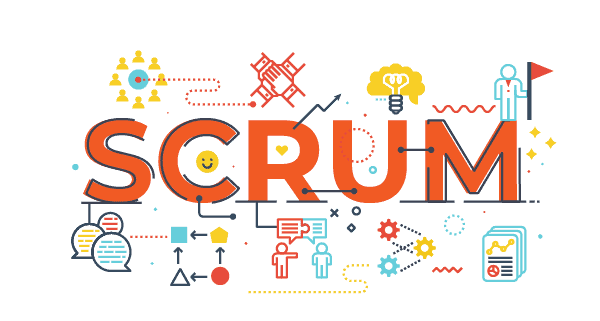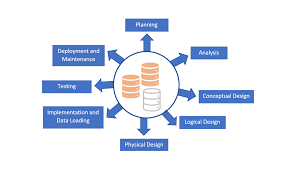Database Development
COURSE DESCRIPTION
Learn to harness the power of data with our comprehensive course on “Business Intelligence with Power BI.” This dynamic program goes beyond the basics, offering a hands-on learning experience that equips students with a diverse skill set to excel in the world of data-driven decision-making, and become proficient in using Microsoft’s industry-leading business intelligence tool, Power BI.
Throughout the course, you will dive into the fundamental concepts of business intelligence and explore how data-driven insights can drive success in modern organizations. Guided by experienced instructors, you will navigate the Power BI ecosystem, mastering its interface and functionalities with ease.
Career Opportunities after Training
Data is at the heart of every organization. This explains why data management jobs are one of the fastest-growing and best careers in the IT field. At the end of this training, our students can be employed as:
- After completing database development training, there are several exciting career opportunities for you to explore. Some of them include:
- Database Administrator: You can become a database administrator and work as a gatekeeper of the organization’s data. Database administrators are responsible for ensuring that the database is safe, secure, and organized. They manage users’ access rights and handle troubleshooting issues.
- Data Analyst: Data analysts are professionals who help organizations turn data into actionable insights. With your database development knowledge, you can work as a data analyst who uses data tools and technologies to extract meaningful insights from the data.
- Business Intelligence Developer: Business intelligence developers use data analysis tools to design, develop, and implement business intelligence solutions that improve decision-making in organizations. With your database development training, you can work as a business intelligence developer.
- Database Developer: Database developers are responsible for designing and implementing databases for organizations. They create database systems that improve data storage, retrieval, and management for organizations.
- IT Manager: IT managers oversee the technology department and ensure that all technology initiatives align with the organization’s goals and objectives. With your database development training, you can work as an IT manager and help organizations achieve their technology goals.
| TRAINING FEES | ||||||
| FEE | PAYMENT | |||||
| 1st Instalment | ||||||
| Course Duration | LOCATION | USD | FRS | No of instalments | USD | FRS |
| 5 Months |
USA or Canada | 3000 | 1800000 | 5 | 750 | 450000 |
| Europe, North & South America | 2000 | 1200000 | 5 | |||
| Middle East & Asia | 1500 | 900000 | 5 | |||
| Africa | 600 | 360000 | 2 | |||
| CLASS SCHEDULE FOR THE JANUARY 2024 SESSION | ||
| New Student Orientation | Class Days | First Instalment |
| January 20th, 2024 | TUESDAYS, THURSDAYS | January, 31st |
Key Responsibilities of a Database Developer
A database developer is responsible for designing, creating, and maintaining the database systems that an organization uses to manage its data. The key responsibilities of a database developer include:
- Requirements gathering: The database developer works with the client or business stakeholders to understand their data needs and requirements.
- Database design: Based on the requirements, the developer designs the database schema, including the tables, the relationship between tables, and other structures.
- Database development: The developer creates the database using a database management system (DBMS) such as MySQL, Oracle, or SQL Server.
- Data modelling: The developer creates and maintains data models that define the relationships between data entities.
- Query optimization: The developer optimizes database queries to ensure that they run efficiently and quickly.
- Troubleshooting: The developer troubleshoots database issues, such as data inconsistencies, performance issues, and data migration issues.
- Security: The developer ensures that the database is secure and that sensitive data is protected from unauthorized access.
- Version control: The developer stores and manages database changes through a version control system
- Documentation: The developer creates and maintains documentation for the database systems.
- Integration: The developer integrates the database system with other systems or applications as needed.
Other Trainings
Cloud Computing: Azure Databases Administration
This expansive, informative, well-paced, and rewarding instructor-led course introduces trainees to the fast-growing … read more
Combine AWS and DevOps Course
We offer an AWS six-months training to prepare IT career aspirants for four career options within the Cloud Space. Our training package prepares you for… read more
Scrum Master Offered in Cameroon
The Scrum Master Training is a comprehensive program that covers the fundamental principles and practices of Scrum, a widely adopted … read more
MSSQL Server Hands-on Database Administration
This course content has been carefully designed to take the students from an absolute beginner level to an expert SQL Server DBA, with a … read more
Database Development
Database development aims to create a structure that will allow for the efficient storage and retrieval of data. Being a blueprint for the database, it should meet the… read more






